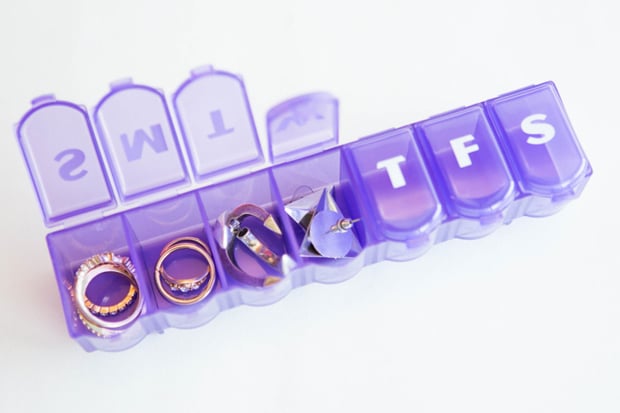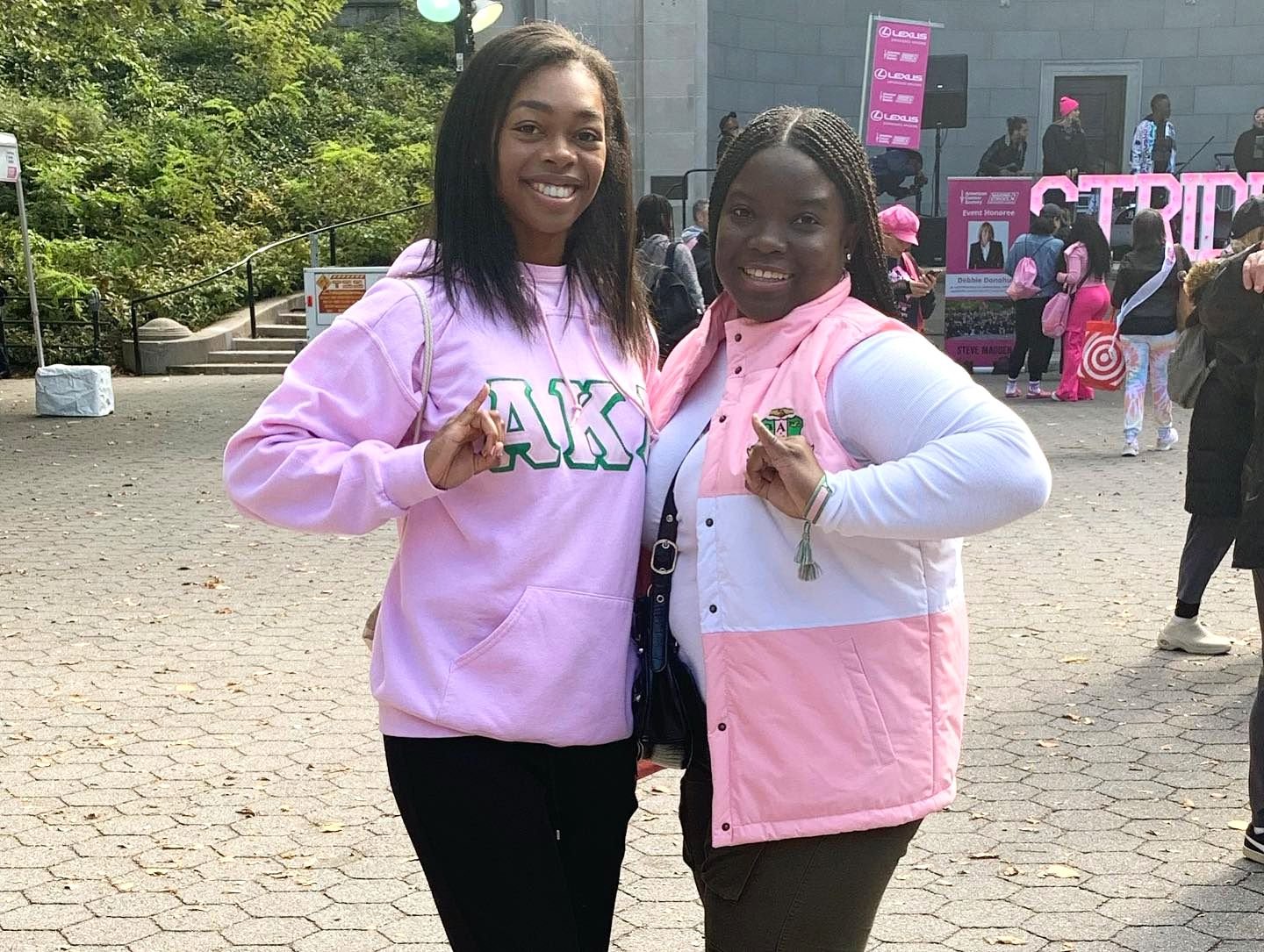Sororities and fraternities are college organizations that set out to foster sisterhood or brotherhood amongst it;s chosen members. These groups often consist of like-minded people who strive to achieve similar goals and aspirations. Wearing letters from a sorority or fraternity signifies allegiance to the exclusive group. In recent months, there has been much discussion about whether or not everyone should be able to don collegiate letters that belong to historically black sororities and fraternities.
A Nashville teacher made headlines for removing a White elementary student’s shirt because it features the letters of a traditionally Black sorority. The controversial incident generated a polarizing response, with the school standing by its dress code policy but admitting that the teacher needed parental permission to switch out the student’s attire. Many have wondered why the teacher had such an extreme response to seeing a student’s shirt. While most of the “Divine Nine” Black sororities and fraternities did not support the teacher’s actions, some did understand her knee-jerk response.
Lawrence Ross is a member of the Alpha Phi Alpha Fraternity, which is part of the Divine Nine organization. Ross is passionate about being part of a Black Greek-letter organization and he has even published a book titled, The Divine Nine: The History of African American Fraternities and Sororities.” Ross was quick to point out the difference between an elementary school child wearing his sorority’s lettering and a non-member adult who chooses to wear them.
Ross understands that the issue may seem unimportant, to him, it’s a huge deal. He insists that the Greek letters represent “more than a century of history” and that is why some members are protective about who can wear them. “For those people who say, ‘Eh, that’s just (a shirt), it doesn’t really matter’ they also don’t really believe or understand (Black Greek) fraternity and sorority life,” he said. Many of the Divine Nine sororities and fraternities were established when racism and discrimination were the norm in the United States. Black Americans did not have the same rights as White Americans and they had to fight to be seen as equals. According to Ross, many Black Americans sought to earn an education after slavery was abolished. They enrolled in college to pursue higher education and more economic opportunities. Black students initiated their own sororities and fraternities as a way to connect over their shared culture and experiences.
“There’s a level of dedication that goes with becoming a member,” said Ross. “You’re pledging yourself to work on behalf of your community with those representing something larger than yourself. And it takes a lot of hard work and sacrifice to do so.” Black sororities and fraternities wear specific colors and letters depending on which organization they are a part of. These attributes are a way for members to distinguish themselves while displaying the pride they have for their community. Ross revealed that it’s expected that only initiated members wear the special letters. When the Nashville teacher removed her second-grade student’s shirt that featured the Greek letters of a Black organization, she told the child’s mother, “Branded items are trademarked and reserved for members only.”
Still, many members believe that the teacher went too far by forcing a seven-year-old child to change her clothes while in school. It’s likely that the child had no knowledge of what the sorority letters meant or the deep-rooted history behind them. Ross is adamant that the Black Americans being able to reserve exclusive rights to the Greek lettering of their sororities and fraternities is important. “The lifelong bond is built through lifelong service,” he said. “We are in the experience business and because we all have experiences that impact our lives, that bond never goes away.”











































